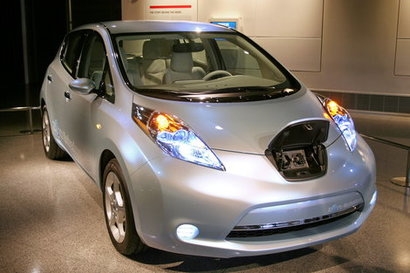
The study, prepared by Vibrant Clean Energy, LLC, has found that combined emissions from the transportation and electricity sector are reduced by 61 percent. The study assumes that by 2040, 87 percent of the light vehicle and 70 percent of the medium vehicle fleet would be converted to EVs and that the average vehicle will travel 10,000 miles per year at 3.5 miles per kWh. The conversion to EVs reduces average annual vehicle fuel costs by nearly $600 (a 70 percent reduction). The EVs increase annual electric energy requirements in Colorado by almost 20 percent, which the model meets by adding wind, solar, storage and natural gas to the grid.
“Colorado has the opportunity to substantially decarbonise and lower utility rates and bills, but the utilities have to be involved in EV markets” said Eric Blank, founder and strategic lead at Community Energy, Inc. “The key is to arrange EV charging locations and timing around when the wind blows, the sun shines and utility hour electric demands are not extreme. The benefits to getting this right are significant, and the costs of not are even larger.”
To efficiently utilise solar energy, charging stations will likely be available at work during the day as Colorado’s solar resource tends to peak between noon and five pm, and at home for overnight charging as wind energy tends to be most abundant at night. The exact arrangements and coordination with shifting hourly electric demands will likely require significant input from utilities.
Using assumptions from recent Colorado PUC filings, and setting an optimal coal plant retirement schedule based on prior modelling analyses, the study finds that the substantial economic benefit of retiring aging coal plants and accelerating EV penetrations can save Coloradans nearly $15 billion in fuel costs by 2040. The result is driven by the facts that electric vehicles are much more efficient than burning gasoline in vehicle and there is an abundance of low-cost, low-carbon electricity resources available in Colorado.
According to Chris Clack, CEO of Vibrant Clean Energy, “The Community Energy sponsored study supports the observation that Colorado’s abundant low-carbon resources can be cost-effectively harnessed to electrify transportation in a way that can dramatically reduce GHG emissions while lowering utility rates.”
For additional information:

